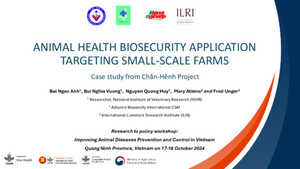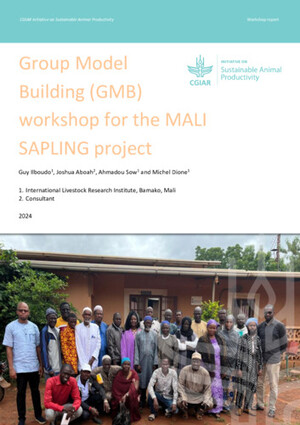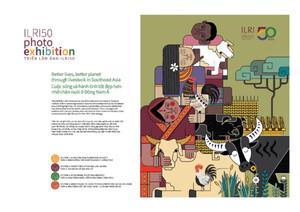
Attributing Ethiopian animal health losses to high-level causes using expert elicitation
Abstract
The Global Burden of Animal Diseases programme is currently working to estimate the burden of animal health loss in Ethiopia. As part of this work, structured expert elicitation has been trialled to attribute the proportion of animal health losses due to three independent and exhaustive high-level causes (infectious, non-infectious, and external). Separate in-person workshops were conducted with eight cattle, nine small ruminant, and eight chicken experts. Following the Investigate-Discuss-Estimate-Aggregate protocol for structured expert elicitation, estimates were obtained for the proportion of animal health loss due to high-level causes in different combinations of health loss, species, age-sex class, and production system. Three-point questions were used to inform beta-pert distributions and capture uncertainty in estimates. Individual expert estimates were aggregated by quantile mean to produce average distributions. Random samples from these average distributions estimated that infectious causes inflict the highest proportion of health loss in Ethiopia, with at least 40% of health losses estimated to be due to infectious causes in all categories. This study provides a rapid, simple, and engaging method to attribute the burden of animal health loss at a high-level. Results are informative, however will become increasingly useful once they can be compared with results from more sophisticated, data-driven models.
Citation
Larkins, A., Temesgen, W., Chaters, G., Di Bari, C., Kwok, S., Knight-Jones, T., Rushton, J. and Bruce, M. 2023. Attributing Ethiopian animal health losses to high-level causes using expert elicitation. Preventive Veterinary Medicine 221: 106077.










